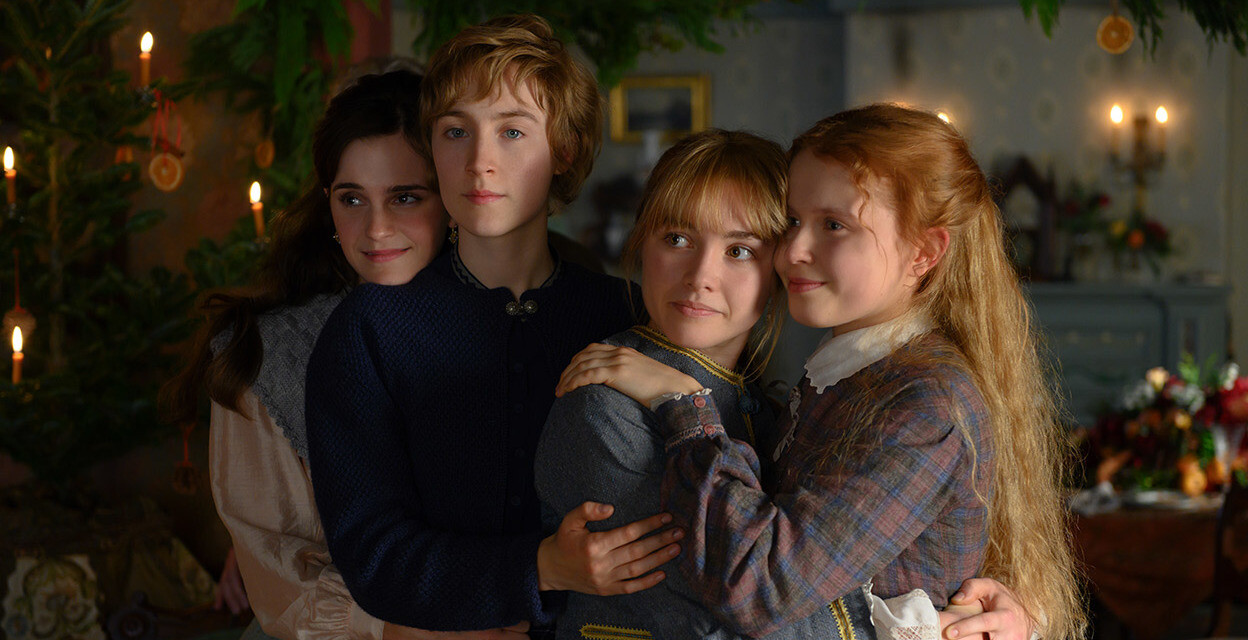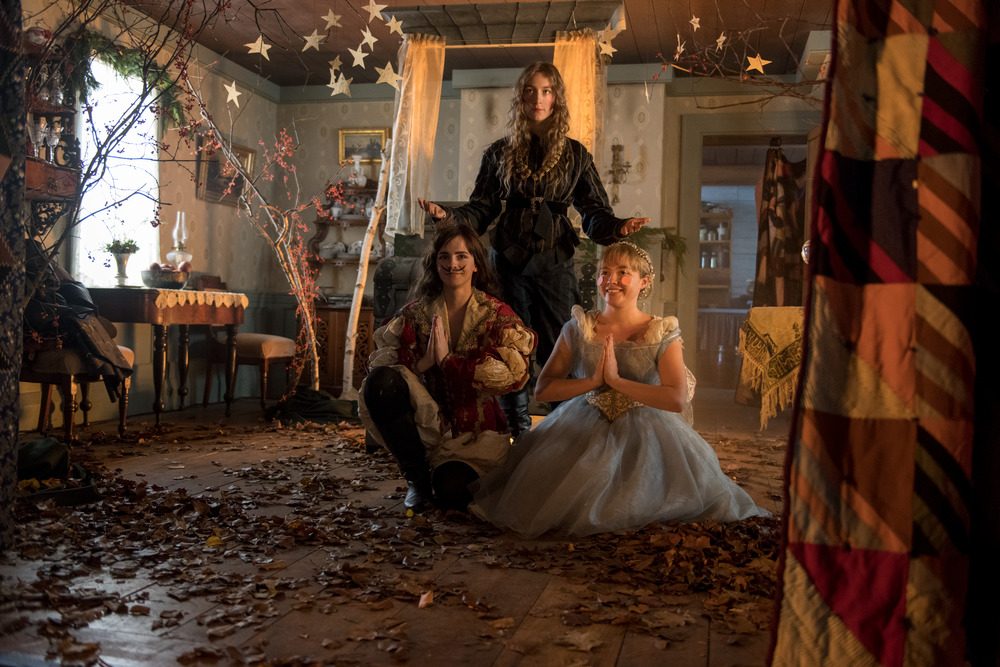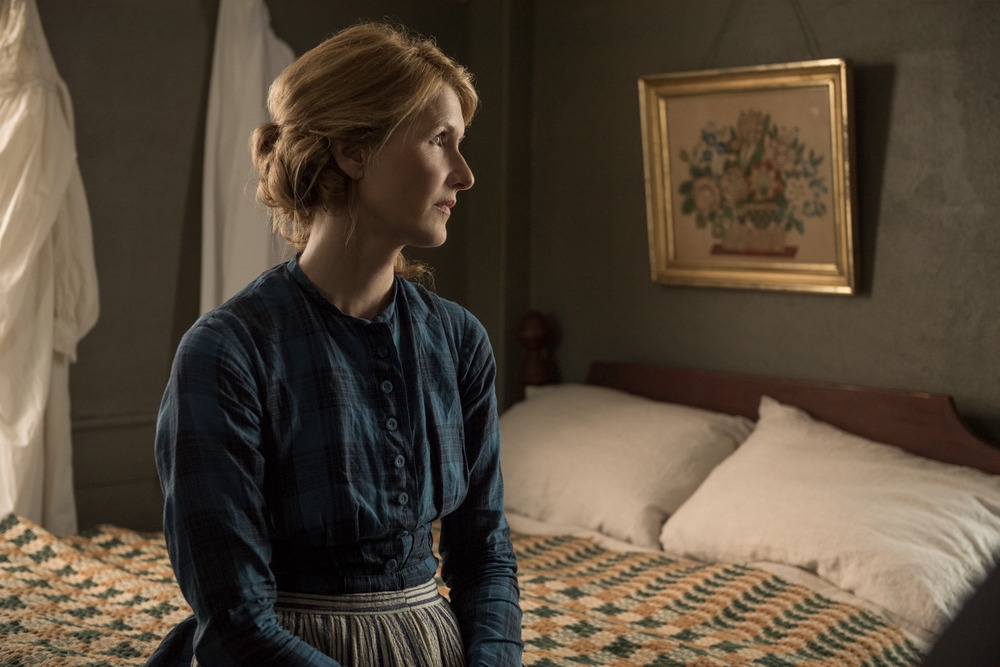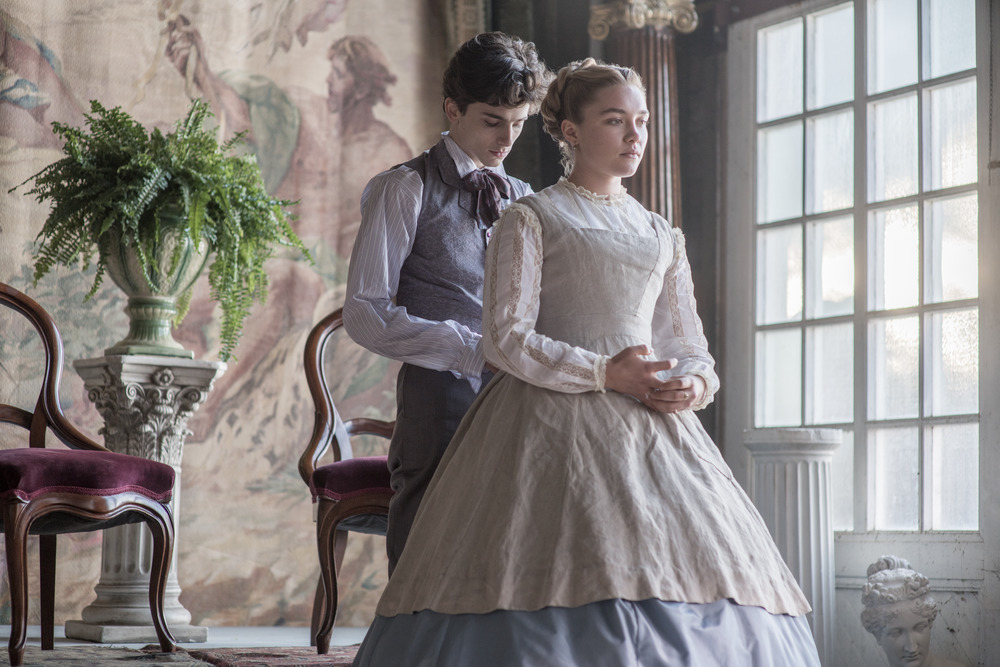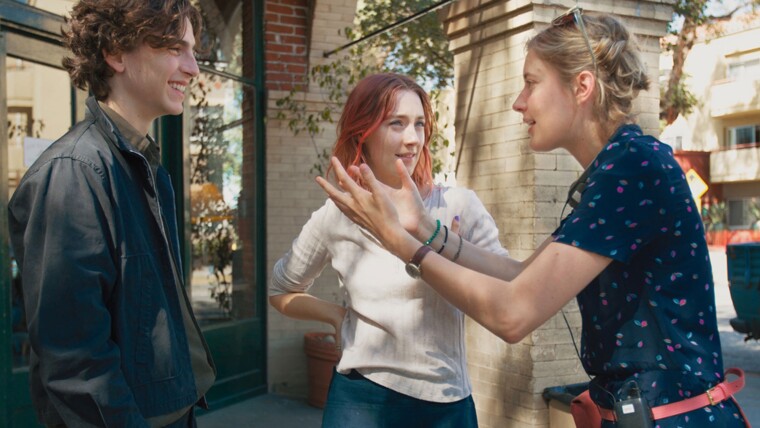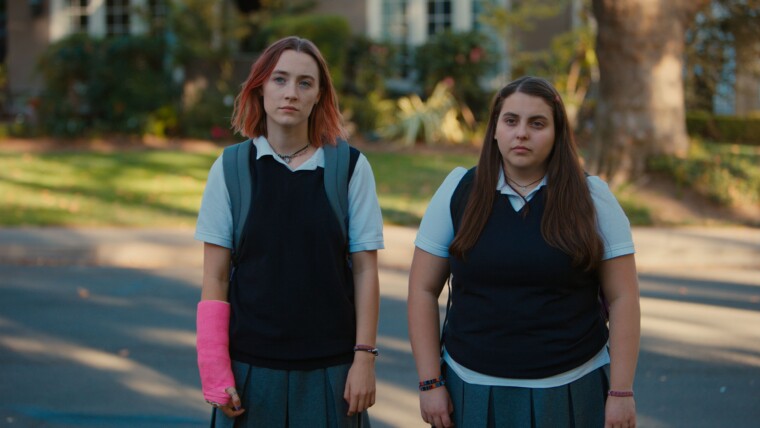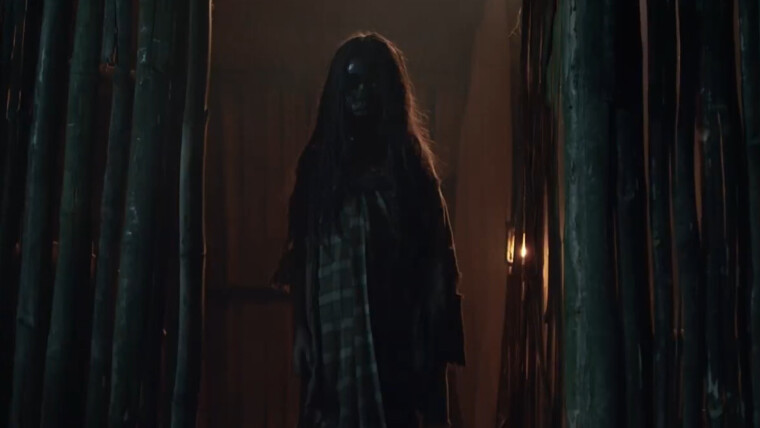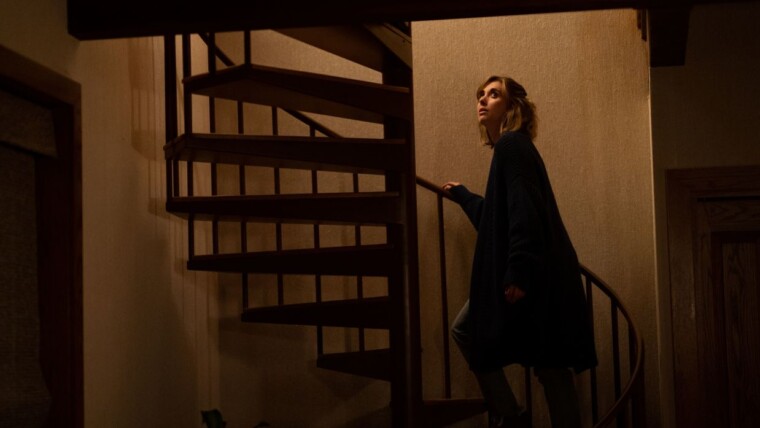When I was young and studying cinema, there was a saying that I carved deep into my heart, which is that, ‘The most personal is the most creative.’ That quote is from our great Martin Scorsese.” – Bong Joon-Ho, 2020 Oscars.
That’s exactly the kind of cinema I love. It’s also what makes Greta Gerwig’s Little Women so great. Despite being adapted from Louisa May Alcott’s classic novel of the same name, Little Women is a piece of cinema so personal, it feels like the filmmaker has invited me into her room and allowed me to read her diary which she usually keeps hidden in her drawer under a pile of fresh socks. Her diary in which some of the words are smudged due to the tears that trickled down her cheeks and onto the papers as she was baring her soul. It’s probably too soon to call a two-film old director this, but whattheheck, I’m going to do it anyway: Greta Gerwig is a bonafide auteur.
The little women the title refers to are the March sisters — Jo, Meg, Amy and Beth. We follow them, through the eyes of Jo, as they navigate the potholes of life in a patriarchal society, determined to forge their own paths. It sounds profound, and it is, but the message is never overt — it’s wonderfully infused into the narrative which is always intimate. You will not find a fraction of a frame that isn’t sincere.
Life keeps throwing sh*t at the March sisters. Poverty, sprained ankles, broken hearts, failed proposals, rejection, death of a close one, and an aunt that keeps nagging them about their duties as women, they go through it all. But just like Gerwig’s equally personal debut feature, Lady Bird (my favourite film of the 2018 Best Picture nominees), Little Women doesn’t look at the trials and tribulations of life, however unfair they may be, despairingly. Instead, it’s a celebration of life’s ebbs and flows. Its melancholic tone is always underlined with the kindness and affection of a mother’s hug.
Little Women opens in the (relative) present as Jo barges into a publisher’s office in New York trying to sell her stories. Amy on the other hand, is in Paris, pursuing her dreams of becoming a painter and wife to a very wealthy man. Meg, the oldest of the lot, is married with kids and struggling to make ends meet. She contemplates buying an expensive piece of fabric that can be sewn into a beautiful dress. From there, the film cuts back and forth in time, taking us on a reflective journey that shows us the girls that were and the women they’ve grown into, as we ruminate about our own fading youth.
Gerwig’s writing and direction are superb. She transports us between the two periods as smoothly as Michael Jackson’s moonwalks in the 80s. Her transitions rhyme. A dance sequence in the present transitions to the girls seven years younger, in their bedroom, preparing for a dance. Jo writing her heart out all night in the past morphs into the present where she’s still pulling all-nighters, quill in hand, scrawling away. I love the split-second closeup of her fingers stained in ink. Times have changed, but Jo’s passion for the art form that’s burning inside of her remains as intense as ever. Jo dozing off on her train ride back home after receiving a letter detailing the sickness that has befallen her youngest sister cuts to her waking up on a blissful Christmas morning, all the sisters happy, healthy and together in the comfort of their living room.
Even the colours are deliberately chosen. They’re not just indicators of the time period we’re in but convey mood. The past is set in 1861, during the American Civil War. The girls’ father is away serving the nation. They desperately miss him. Yet, the frames are brighter. Teenage problems are after all, lighter. We see the yellow rays of sun piercing through the windows. There’s always a sense of manic energy as the girls are always up to playful mischief. It’s a commemoration of the fiery youth spirit.
Gerwig magnificently encapsulates this spirit in the beautifully messy scene that takes place on the morning of Christmas. The four girls pace around the living room, talking over one another. A conversation about a play they’re rehearsing for bleeds into a chat about Christmas presents and how it isn’t fair that some girls get to have loads of pretty things which then ricochets into a dreamy exchange about passion and money only to be punctuated when one sister throws a pillow at the other. It breaks into a sloppy catfight before the discussion organically goes back to being about the play again. Every single line of dialogue is in line with the characters that are delivering them. There’s plenty of movement in a tight space. A ton of cuts. Gerwig controls and plays with the chaos like a marionettist with her puppet. It’s one of the best-directed scenes out of all the 2020 Oscars Best Picture nominees.
The present is set in 1868. The Civil War is over yet everything looks colder and greyer. That’s what happens when you grow older. Now the problems feel more real. The March sisters are away from home and distant from one another. A proverbial dark cloud hangs above every frame as the death of a family member looms closer. But again, Gerwig underscores these scenes with warmth. Little Women makes you cry — and I cried A LOT — but also leaves you with a sense of hope.
Gerwig also loves and appreciates the smaller moments in life as much as she does major dramatic junctures. Hence, even a tiny scene where Jo, Amy, Beth and their mom tend to Meg who had just sprained her ankle, as their new acquaintance Laurie watches on is fascinating to behold. The scene is rich in detail. Notice how Amy reacts to Laurie. Or the look of confusion, amusement and warmth on Laurie’s (who’s of wealth) face as he witnesses all the Marches play their part in this group project. Seriously, judging by the commotion, you would think a group of medics are tending to a soldier in a war zone who has just lost a leg and half his face after stepping on a landmine. But that’s how big families operate. Gerwig has spoken about how much the ‘Little Women’ book means to her. I don’t doubt it at all. Gerwig adores the material to such a degree that you can smell the pages of the book in every frame.
Of course, we can’t discuss Little Women without talking about the little women themselves. Greta Gerwig adapts the sh*t out of these characters and updates them for a modern audience. Despite its setting, the film feels contemporary. Perhaps it’s because much like in the 1860s, the pillars of patriarchy still stand erect today. The film is about the four sisters’ journey towards finding themselves and their place in this world. It’s about independence and breaking conventions. But each of the March sisters view independence differently. They have different perspectives and want different things.
We follow the narrative primarily through Jo (an excellent Saoirse Ronan) because that’s the character I believe Greta Gerwig relates to the most. It’s certainly the character I relate to the most. She’s free-spirited but feels the weight of the world on her shoulders. She strives to break the mould. She works hard during the day to help put food on the table and pursues her passion all night. She wants to be a writer and tell women’s stories in an industry mostly dominated by men and she wants to do it with as little compromise as possible. Just like Gerwig, she’s a middle finger to conventional wisdom. Jo keeps insisting that she’s uninterested in marriage in a time where marriage and caregiving was seen as the primary task of a woman. But — and here’s why the film is so brilliant — in what is probably the film’s best scene, she breaks down in front of her mother.
“Women have ambition and talent. And I’m so sick of people saying love is all that a woman is fit for. I’m so sick of it. BUT, I’m so lonely…”
Because even the most independent of people, even the ones who have little interest in romantic relationships, feel lonely sometimes. And it is during these fleeting moments where they too will start to wonder if they should tie the knot and settle down, if not for love then to fill a void. Little Women tells us that that feeling is okay.
It’s also okay to feel like Amy (Florence Pugh delivers a standout performance) does. Amy is arguably the most interesting of the characters because she goes through the most amount of growth, but the differences between her past and present self are in the seams. In the past, she wishes to marry a rich man and become an artist in Europe; it’s the same even in the (relative) present. But the way the views love and romance changes. The way she carries herself is different and so is the way she reacts to what goes on around her.
Meg (the charming as ever Emma Watson) is conventional. She doesn’t have big dreams or ambition nor does she wish to travel the world. She’s the first to get married. She has a small home with a patient and hardworking husband and two little kids. They wish they have slightly more money but are otherwise content. The film celebrates this path just as much as the rest. Beth (Eliza Scanlen) is less of a character and more a presence. A symbol of purity and innocence. Laura Dern and Timothee Chalamet are great as the girls’ mother, Marmee and best friend, Laurie.
Like a cherry tree in the spring, there’s so much more to pick and savour in Little Women. Alexandre Desplat’s mix of whimsy and wistful musical score isn’t one you’ll listen to on repeat, but it blends beautifully with Gerwig’s vision and cinematographer Yorick Le Saux’s images. I also love how a simple scene like sisters doing each other’s hair provides the skeletons for each distinct character. Or what about the look Jo and her mom exchange during a gathering late in the film. It’s a quick moment, but you know they understand each other. I can’t wait to see what else Greta Gerwig has in store for us.

